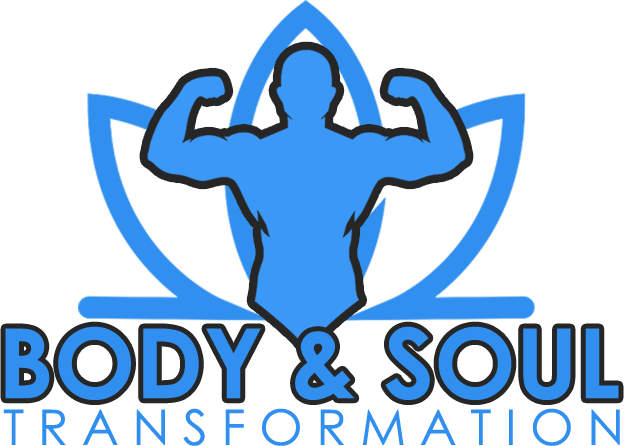Let’s be honest, we all want a nice toned body with strong arms, glutes and abs. And more of that, please. More muscles. So if our goal is to grow muscles then we need to take the right steps to achieve that goal.
For example, the way you train for muscle hypertrophy will be slightly different from training to increase strength, power, and so on.
When we talk about muscle mass gain, we define it as hypertrophic adaptation and the response of muscle fibers through progressive overload.
The basics of gaining muscle mass
Let’s discuss the three main principles of gaining muscle mass that everyone needs to consider in order to make progress.
1. Choose a high-quality training program for gaining muscle mass.
Why this is important: A proper training program will take into account several variables needed to build muscle, such as progressive overload, adequate volume gain, and an effort tracking system. And these are just some of the main aspects. If they are not included in your training program, it may be worth reviewing such a program or resorting to the help of a trainer.
What mistakes do powerlifters make?: as a rule, when an athlete, despite frequent training, does not gain muscle mass, this is due to the inconsistency of various aspects of his program. Changing programs when gaining muscle mass reduces all efforts to nothing. The result will be frequent transitions from program to program in the hope of finding the “best” or “perfect” plan, whatever it may be.
Social media, as well as a lack of patience and understanding of how muscle gain actually occurs, can affect the frequent change of programs. Without a balanced program (s) to track progress, we miss our opportunities to build muscle.
2. The role of nutrition in gaining muscle mass.
You can go to the gym and work out, stick to your current diet, and build muscle. This is because you are giving the body a new stimulus, and as you continue to do this, the body will adapt.
Why this is important: after a period of what we call “beginner progress” (rapid increase in muscle mass/strength due to the novelty of exercise), it becomes increasingly difficult to gain muscle mass. As with training, we ultimately need to put in a little more effort to continue to succeed — in this case, it dictates the nutrition strategy.
By controlling your total daily calories, macronutrients (protein, fat, carbohydrates), and even the number of meals you eat, you can accelerate your rate of muscle building. For example, if you do not monitor the amount of macronutrients, do not consume enough calories or do not get the right amount of protein, your rate of gaining muscle mass will be much lower than that of other athletes who take these factors into account.
Protein is extremely important for gaining muscle mass. Eating enough protein can help increase muscle mass with a supportive diet and when calories are in excess, and can also help maintain muscle mass when calories are in short supply.
There are many different ways to add more protein to your diet. In addition to animal sources such as beef, poultry, fish, and dairy products, there is a wide variety of protein powders available. For those who consume protein from animal sources, whey protein and casein protein are great options. For vegetarians and vegans, there are many different types of plant protein, including pea protein, soy protein, hemp protein, and many others. Many post-workout muscle recovery mixes also contain protein, along with muscle-supporting nutrients such as the BCAA complex (branched-chain amino acids) and other important amino acids.
What mistakes powerlifters make: what works at the beginning of training doesn’t work afterwards. The more we load the body with training, the more important it is to remember about nutrition and how it fits in with our goals.
For example, with a calorie deficit, the gain of muscle mass is much slower than with a supportive diet or with a small excess of calories. With this in mind, we can precisely align our goals with how we eat to gain muscle mass.
3. Remember that recovery (sleep) is extremely important for gaining muscle mass.
To gain muscle mass, it is not enough just to go to the gym, train and eat right. It should also be remembered that aspects of recovery, such as sleep, can also play a big role in building muscle.
Why this is important: while we sleep, our body produces growth hormone (HGH), which plays a major role in the growth of muscles and their adaptation to power loads. In addition, sleep can improve muscle recovery and growth through the synthesis of muscle protein. Our body thus uses protein to rebuild and restore muscle fibers.
In addition to these two key points, during the REM sleep phase, the body shows a tendency to increase blood flow. Increased blood flow has a beneficial effect on the transport of beneficial recovery products to the muscle fibers. Sleep also helps the muscles relax and relieves tension that occurs during the day and during training.
In addition to sleep, recovery techniques such as massage, ice baths, sauna sessions, and meditation can help us achieve our muscle-building goals.
What mistakes powerlifters make: very often athletes follow the first two aspects described above, but forget about the importance of sleep and other recovery methods. If we don’t provide our muscles with the tools they need to recover and adapt, even the best training plans won’t produce the desired results.
In addition, even a great diet can be useless if you lose sight of aspects of recovery, such as sleep. Lack of sleep can cause an increase in the level of hormones such as cortisol (the stress hormone), which is really detrimental to muscle growth and muscle gain. Cortisol is a catabolic, which means it breaks down molecules, so increasing levels of this hormone can interfere with the synthesis of muscle protein in the body.
Read more: HOW TO RECOVER AFTER EXERCISING?

